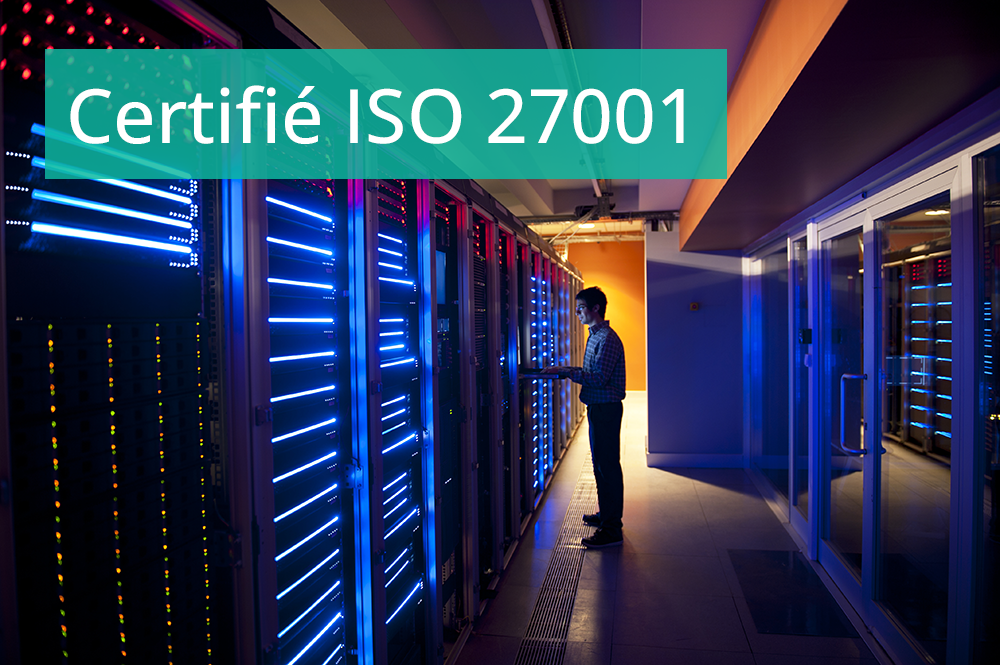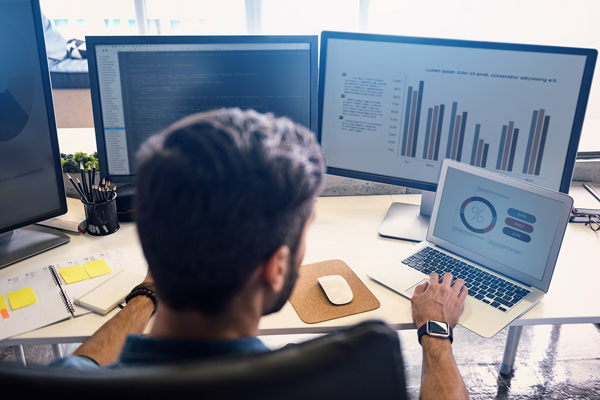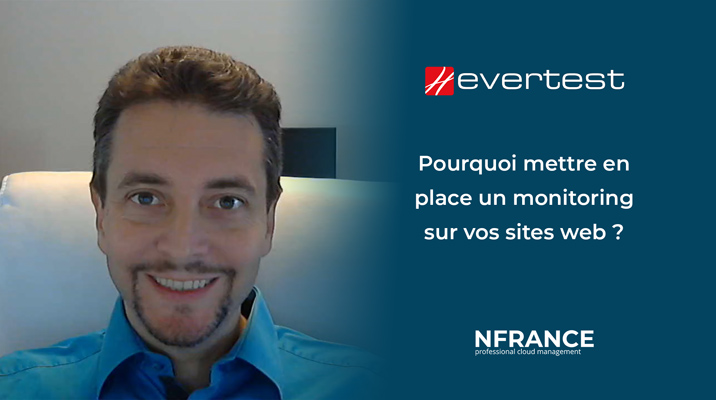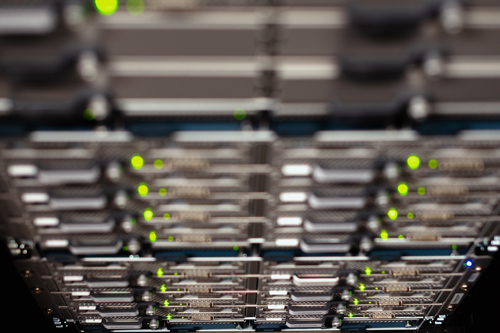Websites are an important part of any information system. They can be the target of many different types of attack. That's why it's essential to secure your websites as much as possible, to block or reduce the impact of these attacks. Why and how should you secure your website? All the answers to your questions in this article.
Why secure your website?

Choosing the right web agency and hosting provider
Designing and developing a reliable website has become a complex operation, with regular updates to be carried out. Choosing the right web agency to design and maintain your site is therefore of the utmost importance. It's important to make sure that the service offered meets your needs. A low-cost, low-quality service is likely to result in wasted time and resources, or even complex problems to be dealt with at a later date. It is therefore essential to check the the skills of the people you are dealing withbut also their knowledge of your business sector. Finally, it's worth checking that the proposal includes a TMA (Third-Party Application Maintenance) offer Keeping the site's various components up to date is essential to avoid the most frequent attacks.

In addition to choosing the Web agency that will develop the site, particular attention should be paid to the choice of a trusted hosting provider. A ISO 27001-certified host offers a guarantee of good security practices. Similarly, to reinforce customer confidence, it's important to opt for a hosting company that personal data hosting in Francecompliant RGPD (General Data Protection Regulation).
Finally, we need to think about the hosting offer itself. If a shared hosting has obvious financial advantages, it does have a number of limitations: resources are shared with other users, which can cause temporary slowdowns of websites, and there is no possibility of customizing the tools available. On the other hand a dedicated serverserver, whether virtual or physical, gives you access to all the hardware resources you need, and the ability to customize them to deliver the best possible user experience.
5 expert tips for securing your website
-
Proven, up-to-date components
A website is made up of several "building blocks" (framework, CMS and plugins, etc.). It is essential to keep each of these bricks up to date. Recent events have shown once again that the slightest software flaw can be exploited by cyber criminals to take control of remote sites.
Similarly, it's important to ensure the reliability of installed components. This is particularly true of CMS (Content Management System) plug-ins, of which there are many, but which are not always maintained. So, before installing a new plugin, make sure it's always up to date, and only get it from the official site of your CMS publisher.
-
Quantified flows
A SSL certificate (Secure Socket Layer) certificate considerably enhances the security of your website by encrypting data between the user and the server hosting the site. Browsers confirm the validity of the SSL certificates used, enabling Users to browse in a climate of confidence. While free Let's Encrypt certificates are perfectly appropriate for a simple showcase site, we recommend the use of insured certificates, such as those supplied by Sectigo, when data flows contain personal data or financial transactions.
-
Reliable, limited access authorizations
Generally speaking, good practice means giving as few rights as possible to as few people as possible. Administrator" passwords should only be known by a very small number of people, and accounts used on a day-to-day basis should only be given the rights that are strictly necessary.
It goes without saying that all passwords must be effective. Some passwords remain too weak and can be quickly hacked by robots, which then take control of the corresponding account. Make sure your password is long and complex (Course alternation of upper and lower case letters, numbers, special characters, do not use dates of birth...).
Last but not least IP filtering filtering is recommended. Settings pages do not need to be accessible from the entire Internet. Filtering allows these interfaces to be accessed only from a whitelist of known IP addresses (the identification number of each device connected to a network), or from a VPN (Virtual Private Network: a type of computer network that enables direct links between remote computers).
-
Monitoring
In addition to implementing preventive measures, security also requires proactive computer monitoring (or monitoring). The installation of Evertest probes probes can be a solution for ensuring the availability of a website, but also, more generally, its smooth operation. If a security incident cannot be avoided, early detection can limit its impact.
-
Regular backups
Finally, despite the precautions taken, a disaster can still happen. That's why it's imperative to have backups. Best practice also recommends replicating these to a remote site. Recent data center fires have illustrated just how essential these precautionary measures are. Contact your hosting provider to find out what solutions they can offer you.
Once all these actions have been implemented, the likelihood of a security incident occurring will be greatly reduced, and the ability to detect and remedy them quickly will be enhanced. All this is possible thanks to a close collaboration between the customer, the site developer and the hosting provider.
Other possible security measures include the use of a pre-production environment to confirm updates, the implementation of an N-tier architecture to isolate the various components, the installation of proxy servers capable of providing additional front-end protection, etc.


